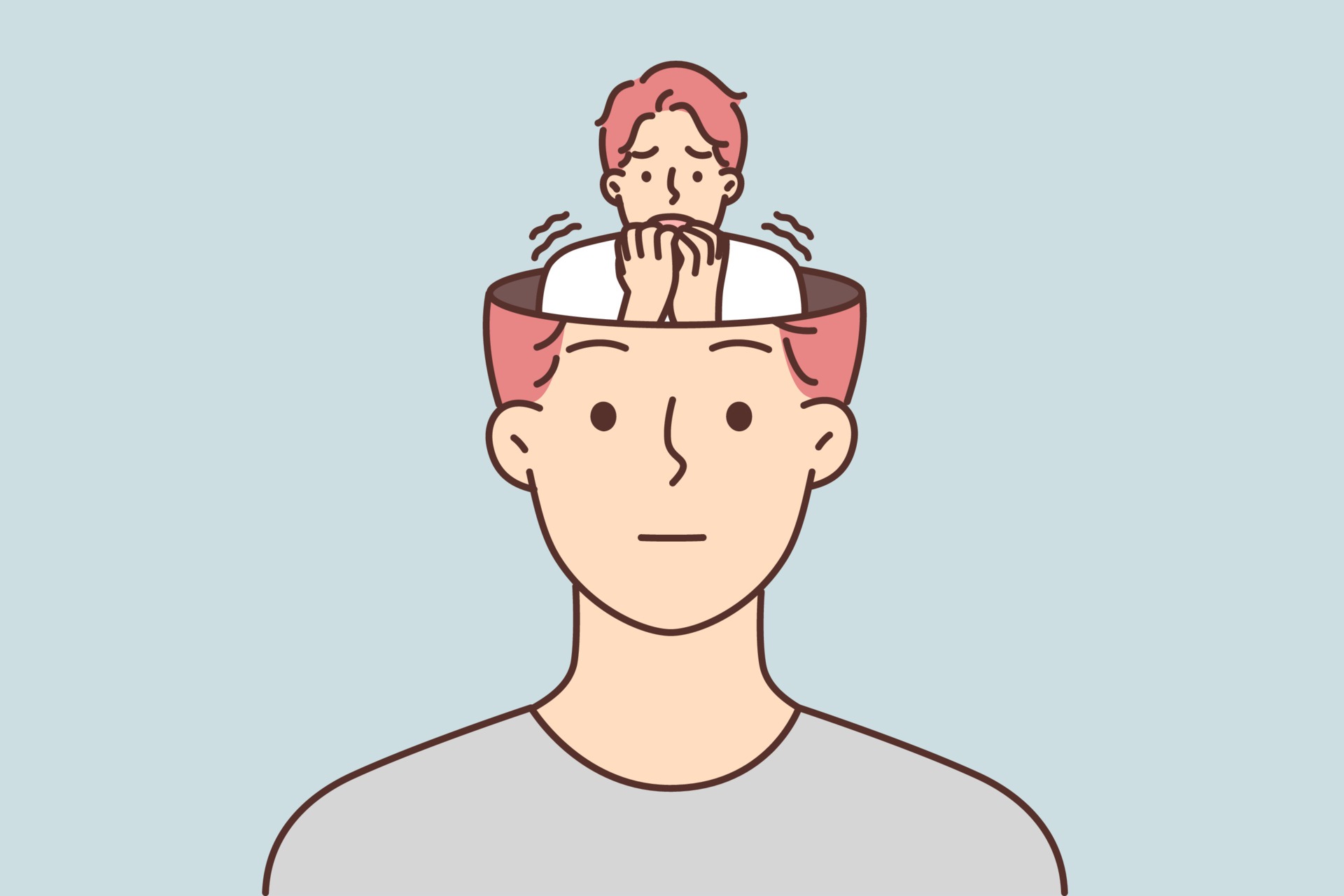Supporting Ex-Serving Soldiers Through Hypnosis Techniques

In recent years, hypnotherapy has emerged as a powerful tool in supporting ex-serving soldiers who face various mental health challenges. Skilled practitioners offer sensitive and experienced approaches to help clients overcome anxiety, stress, and trauma-related issues stemming from their time in service. With the right guidance from a certified hypnotherapist, these individuals can experience significant improvements in their overall well-being.
Post-traumatic stress disorder (PTSD) is one of the most common mental health issues faced by military personnel after leaving active duty. A clinical hypnosis session can help address symptoms such as flashbacks, nightmares, insomnia, and emotional numbness by accessing the subconscious mind where traumatic memories are stored. In addition to PTSD treatment, therapists also work with clients dealing with depression or anxiety disorders that may have developed during their service.
By engaging with a hypnotherapist who specialises in working with ex-serving soldiers, individuals can access the power of mind-body medicine to heal trauma and stress-related issues. Through personalised hypnosis sessions, they can embark on a journey towards healing and rediscovering their inner strength.
Supporting ex-serving soldiers through hypnosis techniques is a valuable way to help them address their mental health challenges and provide tailored treatments for military personnel. As the first session experience at hypnotherapy practices can be crucial in setting up trust between therapist and client, it’s important to ensure that this foundation is properly established before any successful sessions take place.
Key Takeaway:
Hypnotherapy has become a powerful tool in supporting ex-serving soldiers facing mental health challenges such as PTSD, depression, and anxiety. Skilled hypnotherapists use evidence-based techniques like cognitive-behavioural therapy (CBT), neuro-linguistic programming (NLP), and traditional hypnotic techniques to create customised treatment plans tailored specifically to each individual’s needs.
To ensure a successful hypnosis experience, it’s important to be aware of what to expect during your initial appointment at a Lincolnshire hypnotherapy practice. The initial appointment at hypnotherapy practices in Lincolnshire is designed to ease any concerns or anxieties you may have and set the foundation for successful clinical hypnosis.
Your certified hypnotherapist will begin by discussing your goals, medical history, and any previous experience with experimental hypnosis. This conversation allows both parties to build rapport and trust while ensuring that the hypnotic treatments are tailored specifically for you. As mind-body medicine experts, these practitioners understand that creating a safe space where clients feel comfortable sharing personal matters without fear of judgment or criticism is crucial.
In summary, the first session at Lincolnshire’s hypnotherapy practices focuses on establishing trust between therapist and client while laying the groundwork for successful hypnotic sessions. By providing relaxation therapy, educating clients about how hypnosis works, and tailoring treatments to individual needs, these practitioners set their clients up for success in achieving lasting change.
Key Takeaway:
During the first session at hypnotherapy practices in Lincolnshire, therapists establish trust with their clients by discussing goals and medical history. They also provide relaxation therapy to help clients become familiar with how hypnosis works and tailor treatment plans based on individual needs for successful hypnotic sessions.
The best accreditation for hypnotherapy varies depending on your location. In the UK, reputable accrediting bodies include the National Council for Hypnotherapy (NCH), General Hypnotherapy Standards Council (GHSC), and National Board for Hypnotherapy (NBH). It’s essential to choose a training program accredited by a recognised organisation to ensure quality education and professional recognition.
The four main types of hypnosis are:
If you would like to train to become a hypnotherapist, click here.
Read More
DIVERSIFYING YOUR CREDENTIALS CAN HELP YOU STAND OUT